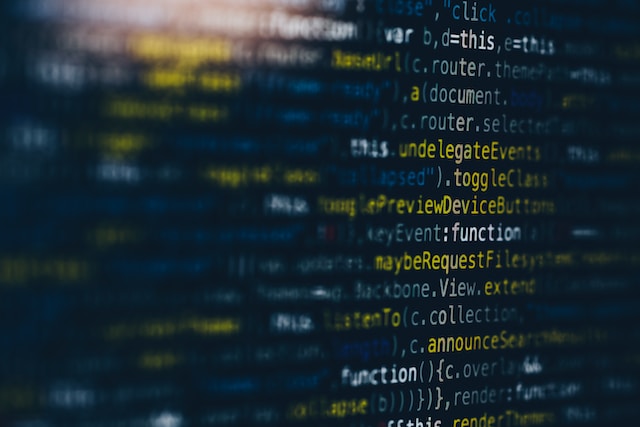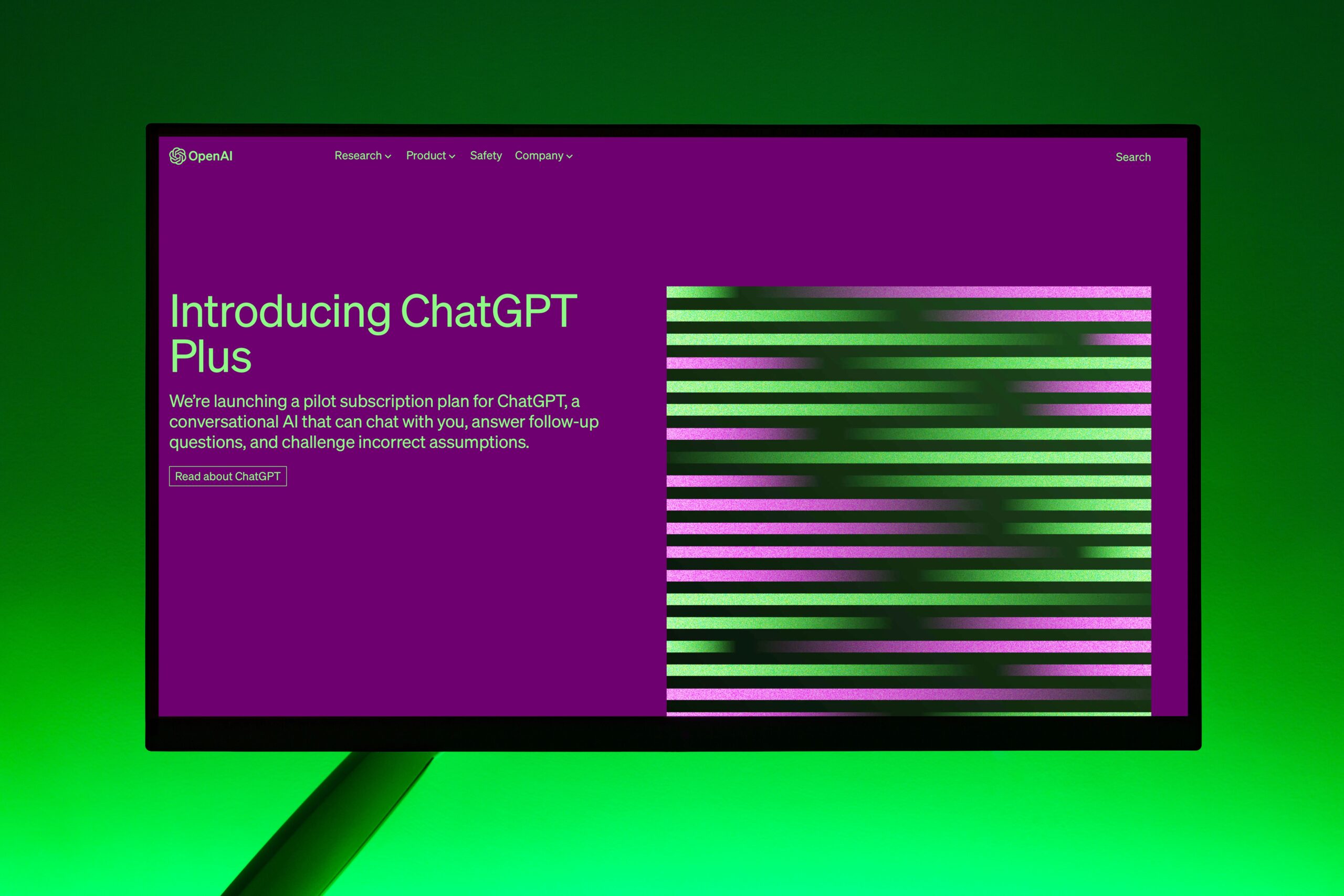Generative AI for Developers: New Tools and Opportunities in 2025

Generative AI is changing the way developers work. By 2025, this technology has become a powerful tool. Developers now have access to new tools and opportunities, making their jobs both easier and more creative. Let’s explore these advancements.
What is Generative AI?
Generative AI refers to artificial intelligence that creates content. It can generate text, images, videos, music, and even code. These AI models are trained on large amounts of data. They use this knowledge to produce high-quality outputs that look like they were made by humans.
For developers, this technology is not just about automation. It’s about creating faster, smarter, and more efficiently.
New Tools for Developers in 2025
By 2025, generative AI tools have greatly improved. They are more accessible, user-friendly, and powerful than ever. Here are some of the most exciting tools available to developers:
1. AI-Powered Code Assistants
Code assistants like GitHub Copilot have evolved. They now offer smarter suggestions and can write entire functions. These tools have become highly personalized. They adapt to a developer’s style and preferred programming languages.
Developers can now:
- Write code faster.
- Detect and fix bugs automatically.
- Learn new programming patterns.
2. Generative Design Tools
Developers can build user interfaces (UIs) quickly with generative design tools. AI can create wireframes, layouts, and even complete front-end designs. This saves time and lets developers focus on functionality.
For example:
- Designers can sketch an idea.
- The AI turns it into a working prototype.
3. Automated Testing Tools
Testing is a big part of software development. Generative AI tools now write test cases automatically. They simulate user behavior and predict potential issues.
This helps in:
- Ensuring faster releases.
- Reducing errors in production.
4. Content Creation for Apps
Generative AI can now create content for applications. It can generate dialogue for chatbots, marketing copy, or even training content. Developers no longer need to rely heavily on external teams for this.
For example:
- An e-learning app can automatically create personalized lessons.
- A game can generate new storylines in minutes.
5. AI in Cloud Platforms
Cloud platforms like AWS, Azure, and Google Cloud now offer built-in generative AI tools. Developers can integrate these tools into their projects without needing to build AI systems from scratch.
New Opportunities for Developers
Generative AI is opening doors to new possibilities. Developers can explore different roles, improve productivity, and even reimagine their careers.
1. Enhanced Productivity
Developers now complete tasks faster. Routine coding, debugging, and testing are no longer the same. AI tools handle repetitive tasks while developers focus on strategic work.
For example:
- AI can build a basic app in hours instead of weeks.
- Developers can add more features in less time.
2. Creative Problem Solving
Generative AI is more than a tool for speed. It encourages creativity. Developers can experiment with ideas and see instant results.
For instance:
- An AI tool can suggest alternative solutions to complex problems.
- Developers can design innovative software systems.
3. New Career Paths
Generative AI has brought new career opportunities for developers. Some of these roles include:
- AI Model Trainers: Fine-tuning AI models for specific use cases.
- AI Integration Specialists: Helping companies implement generative AI in their workflows.
- Data Curators: Ensuring high-quality data for training models.
4. Startups and Entrepreneurship
The low cost of using generative AI has leveled the playing field. Developers can launch startups faster and cheaper. They can build MVPs (Minimum Viable Products) without the need for large teams.
For example:
- A solo developer can create an AI-driven language-learning app.
- Small teams can compete with big companies in innovation.
5. Personalized Learning and Growth
Generative AI can act as a personal tutor for developers. It can suggest resources, generate tutorials, or create customized learning exercises.
Aspiring developers also find it easier to learn programming. They can now interact with AI tutors that explain concepts in simple, effective ways.
Challenges Developers Face
While generative AI brings numerous benefits, it also comes with challenges. Here are some of the key issues developers need to navigate:
1. Data Privacy Concerns
Generative AI relies on large datasets. Developers must ensure that their use of data complies with privacy laws and ethical standards. Mishandling data can lead to legal problems.
2. Dependence on AI Tools
As AI tools get better, there’s a risk of over-reliance. Developers might lose fundamental skills if they rely too much on AI for coding and problem-solving.
3. Bias in AI Models
Generative AI can sometimes produce biased or incorrect results. Developers must actively test and improve the outputs of these tools. Ensuring fairness in AI models is an ongoing challenge.
4. Job Market Competition
As AI tools become smarter, companies may need fewer developers for basic tasks. Developers must continuously upgrade their skills and focus on creative, high-value tasks to stay competitive.
5. Cost of Advanced AI Tools
Some advanced generative AI tools can be expensive. Smaller teams or independent developers may struggle to afford them. Open-source alternatives and affordable solutions are crucial in this space.
Best Practices for Developers
To make the most of generative AI, developers should follow some best practices:
1. Continuously Learn
Stay updated on new tools, frameworks, and AI capabilities. The tech world moves fast, and staying ahead is crucial.
2. Focus on Creativity
AI handles repetitive tasks. Use your time to explore new ideas and build unique projects.
3. Test AI Outputs
Don’t blindly trust generative AI outputs. Review, debug, and test everything thoroughly.
4. Collaborate with AI
Treat AI as a partner, not a replacement. Combine human creativity with AI speed for the best results.
5. Build Ethical Solutions
Always consider the ethical impact of your developments. Avoid bias, respect privacy, and create solutions that benefit everyone.
The Future of Generative AI and Development
Generative AI is just getting started. The tools in 2025 are more powerful than ever, but they will keep evolving. Developers will play a key role in shaping this future.
The combination of human intelligence and generative AI can solve complex problems and create amazing innovations. By embracing this technology and staying adaptable, developers can thrive in an AI-driven world.
Generative AI is not just a trend. It’s a transformation. Developers in 2025 have access to tools and opportunities that were unthinkable a few years ago. They can work faster, smarter, and more creatively than ever. While challenges exist, the exciting potential of generative AI far outweighs them.
This is a golden age for developers willing to embrace the change. The future of coding is here, and it’s powered by generative AI.




